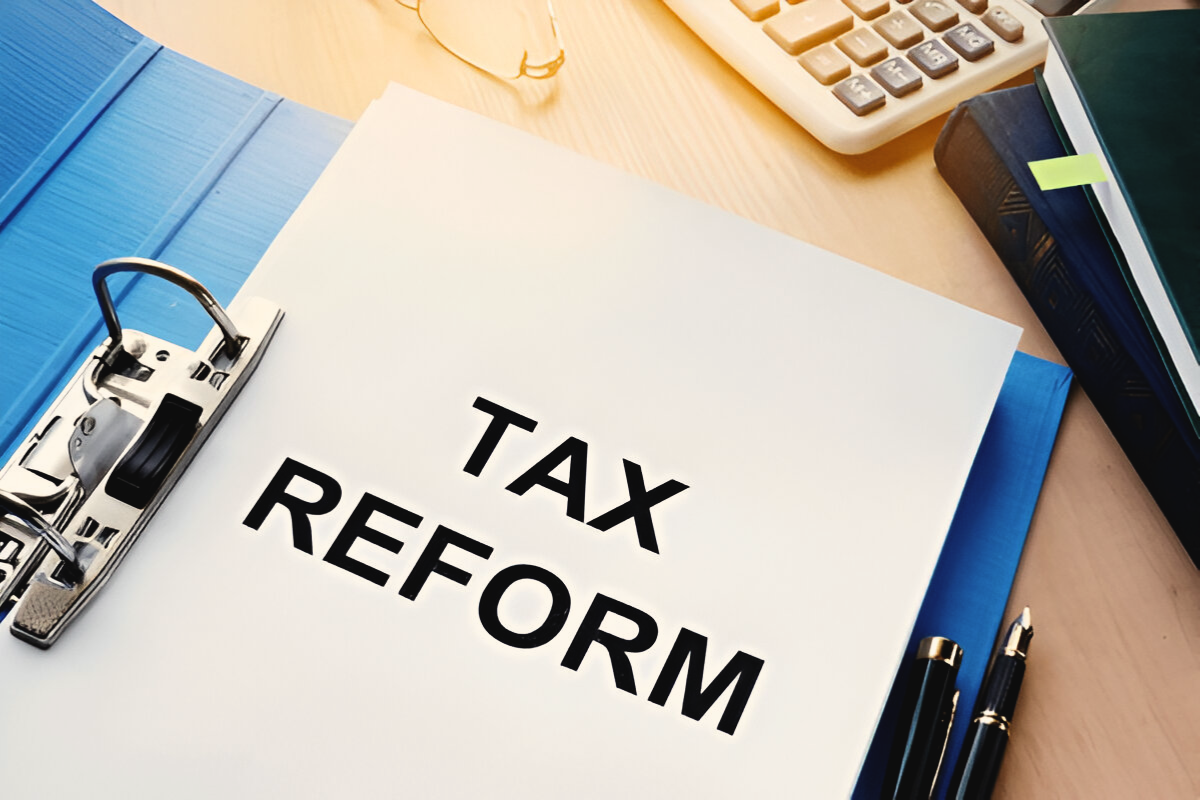In a seemingly courageous decision that has caused a lot of divided opinions from political supporters and opponents alike, House Republicans have presented a tax reform plan that aims at doing away with federal taxes on tips. The measure has been the talk of the town lately, with people in favor of it claiming that it represents a victory for the blue-collar workers and those against it doubting its fairness and success.
What ‘No Tax on Tips’ Proposal Means – The Essential Points
The essence of the plan lies in allowing employees and self-employed persons in the sectors that rely mostly on tipping, like the hospitality and service industries, to be exempt from the federal income tax on tips that they make. If the bill gets accepted, this provision will be valid until 2028 and it will be effective only for tip-earning workers who are paid less than $160,000 annually.
A Win for Some but Could a Handful Gain the Most Out of It?
Though the intention behind the plan is to assist staff in food and beverage service, the rewards may not be equally distributed as a result. Tax specialists have stated that the favoritism of the targeted workers of higher income could be the result of the aforementioned provision, excluding the thousands of low-paid employees who barely manage to survive.
A big chunk of the workforce receiving tips – about 37% – make so little that they do not owe federal income tax in the first place, thus, they would not profit from the suggestion. Furthermore, those who are working in low-paid jobs, even if they are in the tip-based industries, might not get much of a change in their tax bills.
Economic Implications: Will the U.S. Economy Be Helped or Hurt by It?
So, the taxpolicy.net estimates that any tax cut for 4 years that costs $40 billion might bring upon a question about the long-term prosperity of the US economy. The opponents of the legislation claim that if the implementation of this clause affects the wages in industries relying on tipping, it might actually be a reason for the national deficit to increase. This shift might also inadvertently encourage employers not only to give a wage decrease but also to expect tips, thus making it more difficult for workers to have a stable income.
What Are the Costs for Lower-Income Americans?
Although the workers who get tips may get some tax benefits, the overall tax plan can have bad implications for most of the low-income families. As per one review, if the Republican-led tax cuts are passed, families with incomes ranging from $17,000 to $51,000 are expected to lose money, the only exception being the rich who will get the most benefit of money. As a result of massive reductions in the number of handouts from society like Medicaid and food assistance, the lower class may become even more overwhelmed.
The Political Battle Ahead: Will This Pass?
The introduction of the ‘no tax on tips’ stipulation has caused a heated debate within the Republican Party. The right-wing of the Republican Party wants a bigger and deeper budget cut. They are ready for even cutting the programs of Medicaid and Social Security if necessary, while the other part of the party is determined to ensure that the rich get the tax cuts and, at the same time, social safety nets of the poor do not disappear.
The tax bill, in spite of some significant ideological differences, has got through a crucial vote within the House Budget Committee and is expected to be voted on by the full House soon. Although, it is worth saying, that the Senate could witness the resistance to the said bill at its final form due to the fact that some senators are not pleased with the possibilities of the bill with the federal deficit.
What are the implications for employees and taxpayers?
It is beyond doubt that the debate on tax reform is miles from over since the proposal has its die-hard fans and strong opponents. The optimistic point is that it is expected to bring financial relief to workers in tip-based industries, but the pessimistic side states that it can make the wealth gap problem even more severe and that it can pile up the nation’s financial woes.
Right now, workers, taxpayers, and lawmakers are sitting on the fence to observe the fate of the bill. Will the ‘no tax on tips’ provision persevere through the political disputes, or will it be reduced due to the increase in fiscal challenges?
Tax Reform in 2025 is Now at a Critical point
Given the uncertainty surrounding the GOP tax bill’s goals, the ‘no tax on tips’ provision remains to be a wild card. It is no wonder that the bill would be the central subject in the forthcoming tax reform deliberations, and it is not only the economic destiny of tipped workers that would be influenced but also the general financial area of the country that would be decided. The days before the voting come, and nobody can tell for sure what the decision is going to be.






